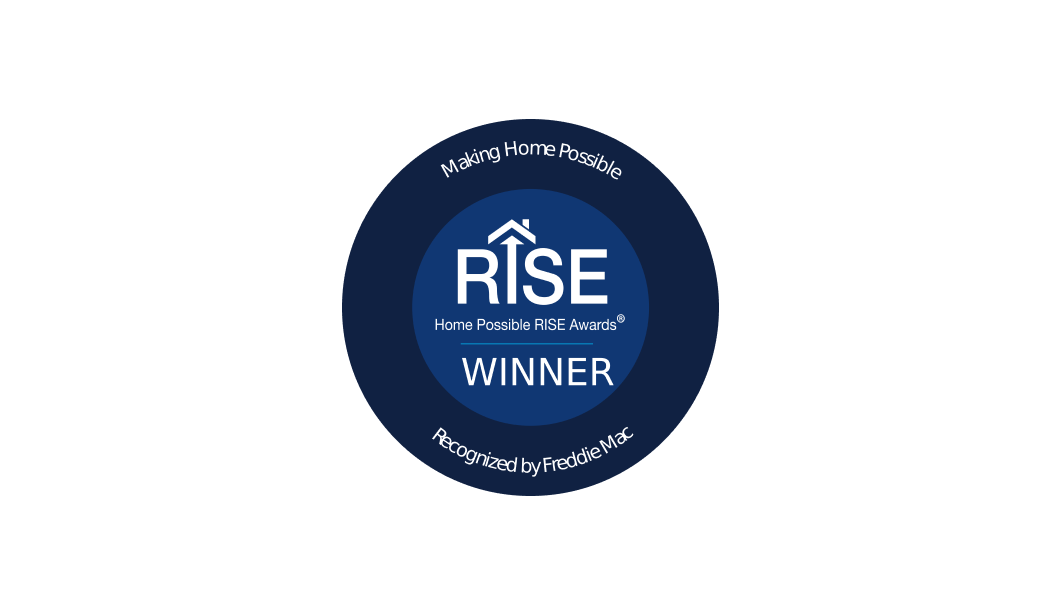Financing is one of the most important factors to consider when purchasing a home. Knowing what your options are and understanding the terms of the loan can save you money in the long run. With a little research, you can ensure you’re getting the best mortgage rate for your situation. Here we will explore how your credit score can affect your mortgage rate and what steps you can take to improve your credit score.
How Lenders Use Credit Scores
FREE Mortage Check-Up
For Refinance
Applying for a loan is always a no-cost action
Lenders use credit scores to determine the risk associated with providing their clients with loans. There is a connection between a borrower’s credit score and the interest rate and expenses related to obtaining a mortgage. If a borrower has an excellent credit score, they may be able to get a lower down payment from some lenders.
Credit reporting agencies generate the data used to determine your score using the Fair Isaac Corporation (FICO) scoring model. Your credit score is based partly on how you have handled debt in the past. The stronger your financial standing, the higher your FICO score should be, ranging from 300 to 850. Any score of 670 or higher is regarded as good, while anything above 740 is excellent.
How a High Credit Score Could Save You Money
A high credit score can save you a great deal of money in the long run. A credit score of 700-plus is usually enough to land a borrower at a lower interest rate. When applying for a loan, lenders review your credit report to determine the interest rate they will charge. For example, if you have a credit score of 760 and it drops to 740, you may see a slight increase in the rate you will be offered.
With high credit, you might save up to 1% interest if you apply for a mortgage. This may equate to at least $200 each month saved over the course of a 30-year mortgage loan on a $300,000 home.
Mortgages Where Credit Score Matters Less
Several mortgage programs are available for people with lower credit scores that may still be able to provide them with the financing they need.
FHA Loans
A Federal Housing Administration (FHA) loan may be a viable option for those looking to purchase a home with looser financial requirements. FHA loans often require a lower credit score than other loans, and you may be able to qualify with a score as low as 500. They often require a smaller down payment, making them an attractive option for those who may not have the savings available to put down a sizable down payment.
You can be eligible for an FHA loan even if you are in other debt. Unlike other loans, FHA will not disadvantage you due to bankruptcy or other financial issues. You must verify your employment history for at least the past two years and verifiable steady income, among other qualifications.
VA Loans
Another mortgage program that does not require a high minimum FICO score is the Veterans Affairs (VA) loan. These loans are available to those who have served in the military and often come with more favorable terms than other loan types. Lenders may prefer you to have a credit score of 620 or higher.
Veterans also need to have served for at least 90 days during wartime or 181 days during peacetime. You are also eligible if you served six years in the National Guard or Selected Reserve. Surviving spouses of veterans who died while serving or from a disability related to service are also eligible for VA loans if they have not remarried.
USDA Loan
Those looking to purchase a home in a rural area may be interested in a U.S. Department of Agriculture (USDA) loan. These loans are often backed by the Agriculture Department and usually require a minimum credit score of 640. The loans have income requirements that must be met before a borrower may apply. Buyers must also prove that they will settle in a qualifying rural area as the USDA specifies.
How to Build Your Credit Score
While building your credit score may seem like a daunting task, there are simple steps you can take to help you through the process.
- Make Payments on Time: The most essential factor in building your credit score is to make all payments on time, including rent, credit cards, and car loans. Paying your bills on time shows lenders that you are a reliable borrower and that you take your financial commitments seriously. Late payments can have a significant impact on your credit score.
- Keep Spending to 30% of Credit Limit: Keeping your spending to no more than 30% of your credit limit will help ensure that you are not overusing credit and will help keep your credit score within a reasonable range.
- Pay Down High-Balance Credit Cards: If you have high-balance credit cards, pay them down as soon as possible. You can also consider balance transfers to free up credit to improve your credit score and make it easier to pay off your debts.
- Check for Errors on the Credit Report: Check your credit report for any errors periodically. If there are any errors, work toward fixing them to ensure that your credit score is accurate and up to date.
- Shop for Mortgage Rates: Shop within a 30-day period when shopping for mortgage rates. Too many spread-out inquiries can lower your score.
- Work With a Credit Counselor: If you are having difficulty building your credit score, work with a credit counselor or a lender to help you build your credit. They can provide guidance and advice on improving your credit score and getting you on the right track.
Get Your Mortgage Loan
Do you need to find a lender near you who will help you in mortgage financing? At Intercoastal Mortgage, LLC, we understand the importance of getting the best mortgage loan that suits your needs. We offer reasonable rates on diverse financing options, including VA, FHA, USDA, construction, and renovation loans. With over 35 years in business and over 200,000 processed loans, we are confident in providing an experience that exceeds your expectations. Contact us today to learn more.






